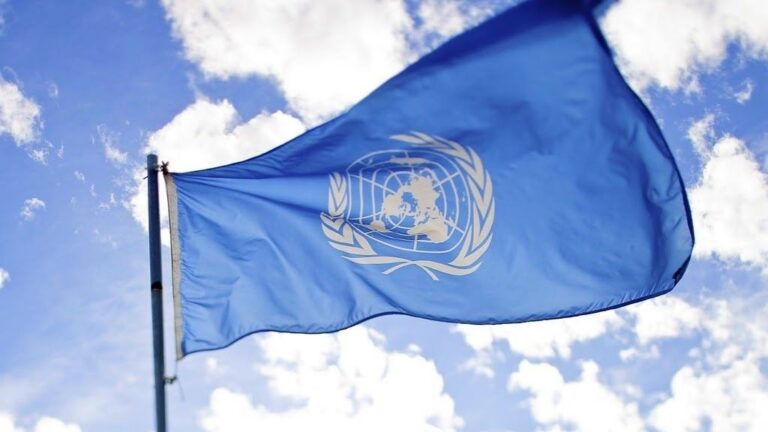Is the aid sector truly atoning for its sins? Great strides have been made, particularly over the last decade, to hold perpetrators of abuse and violence to account. Yet, new allegations of abuse show that we have a long way to go to keep everyone safe.
During the 2010s, human rights violations such as the Oxfam Haiti scandal and Anders Kompass’ exposure of sexual abuse of children by UN peacekeepers in The Central African Republic, started to shed light on some of the aid sector’s most insidious systemic failures. These gross violations spurred a flurry of accountability mechanisms, whistleblowing policies, and reporting channels designed to tackle the culture of impunity at the dark heart of the aid sector. But to what extent have these measures actually improved the situation, and how far do aid agencies still have to go?
The development and humanitarian sector have long been aware of these issues. However, in an emergency setting such as a natural disaster, conflict, or outbreak of infectious disease – the power landscape becomes even more uncertain. Emergency aid such as food and shelter must be coordinated within a matter of days, or even hours. People affected by the crisis may be forced to flee their homes or be separated from their families. In such life or death situations, their vulnerability can become a nefarious breeding ground for exploitation.
For aid agencies looking to begin levelling the power playing field it is vital to recognize the precarity of people experiencing fragile and volatile circumstances. But, that is only the first step. Too often, accountability from those providing aid to those receiving it is seen as a ‘tick box’ exercise. Agencies jump at the chance to show off new reporting and investigation mechanisms to uncover those abusing their positions of power. Yet, these measures are merely flimsy plasters over a gaping wound if they don’t lead to concrete change.
Despite these attempts to hold perpetrators to account, many reports still go uninvestigated. And when agencies do try to act, issues such as lack of referral pathways, failure to contextualize reporting mechanisms, and a continued culture of silence mean that cases rarely get properly addressed.
Despite the clamour over the last decade to hold the sector accountable, little progress has been made. Just a few months ago, multiple women brought allegations of sexual abuse by personnel of aid agencies working on the Ebola response in the DRC. In two-thirds of the cases, the women said that the perpetrators claimed to be WHO staff members. One is left asking – how many more abuses must be suffered before the balance shifts for good?
This text was written by Lund Magazine Group. The group is independent from FUF:s Utvecklingsmagasinet.


